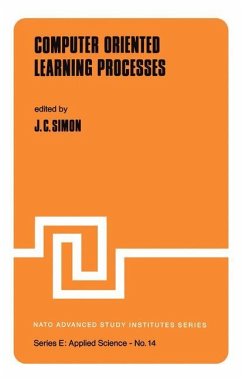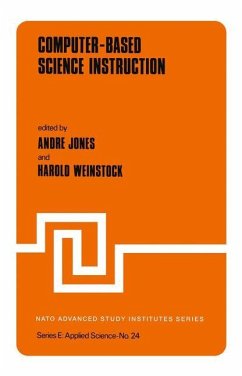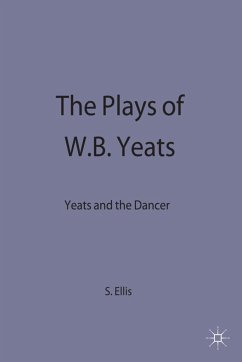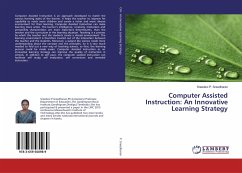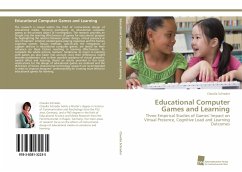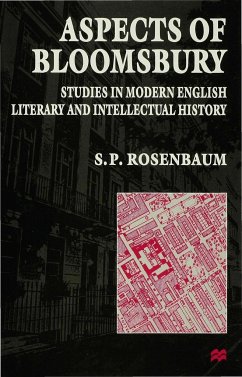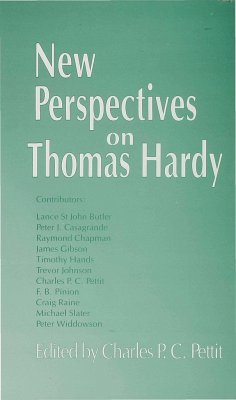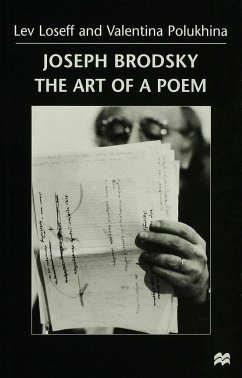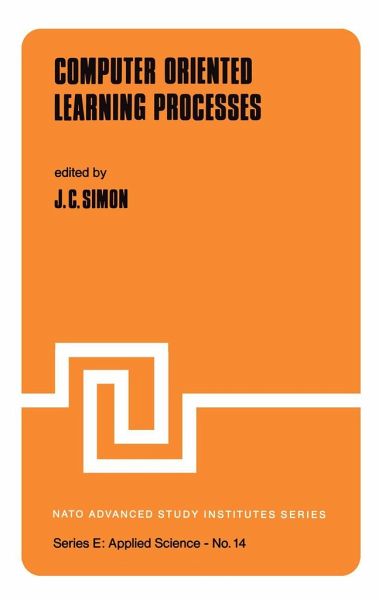
J.C. Simon (ed.)
Gebundenes Buch
Computer Oriented Learning Processes
Versandkostenfrei!
Versandfertig in über 4 Wochen

PAYBACK Punkte
46 °P sammeln!



Computer Oriented Learning Processes
Produktdetails
- Nato Science Series E: 14
- Verlag: Springer / Springer Netherlands
- Artikelnr. des Verlages: 978-90-286-0475-9
- 1976
- Seitenzahl: 601
- Erscheinungstermin: 31. August 1976
- Englisch
- Gewicht: 1200g
- ISBN-13: 9789028604759
- ISBN-10: 9028604758
- Artikelnr.: 27604953
Herstellerkennzeichnung
Libri GmbH
Europaallee 1
36244 Bad Hersfeld
gpsr@libri.de
Für dieses Produkt wurde noch keine Bewertung abgegeben. Wir würden uns sehr freuen, wenn du die erste Bewertung schreibst!
Eine Bewertung schreiben
Eine Bewertung schreiben
Andere Kunden interessierten sich für


